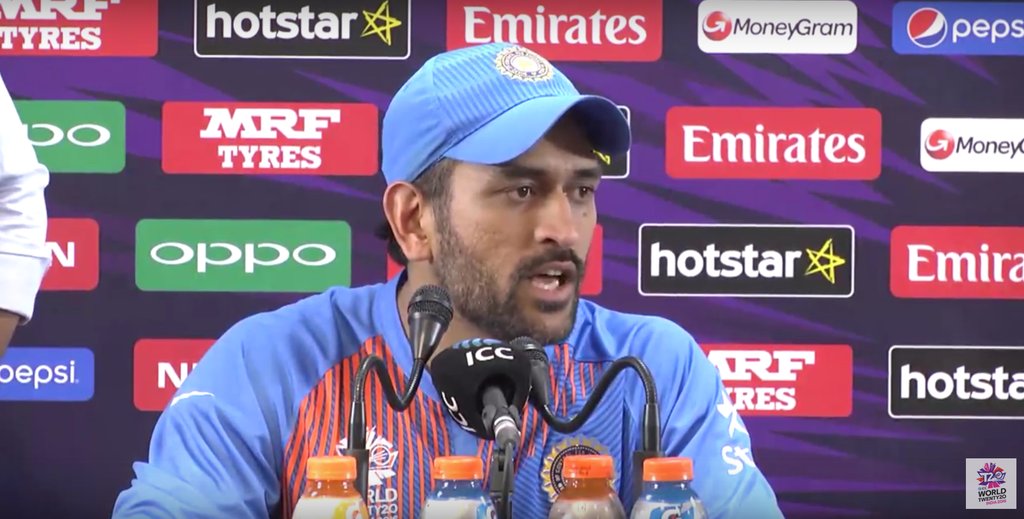Rajdeep Sardesai explains how MS Dhoni has successfully kept media at bay

In his book Democracy's XI, journalist Rajdeep Sardesai has decoded how successfully MS Dhoni has kept himself away from the negativity caused by the media. He also revealed that Dhoni's parents no longer speak to media after people attacked their house after the 2007 World Cup debacle.
Dhoni has undoubtedly been the most talked about cricketer in the context of Indian Cricket since Sachin Tendulkar. But unlike Tendulkar, when it comes to Dhoni, he has always been a mystery.
With Tendulkar, it was a clear case of obsession and people went on writing about him to cater to the madness that surrounded him. However, with Dhoni, it was the other way around as they keep on writing or talking about him because they never really knew him and they had no clue about the helicopter shot and they never figured out what tactics he deployed as the leader of the team. A small town achiever who broke the metropolitan monopoly to establish him as one of the greatest skippers to have played the game, he became a cult hero as fans connected to him despite not doing interviews or talking to media personally after some bitter experiences of misquotation.
Early in his captaincy in 2007, he gave a candid interview to ESPNcricinfo, in which he spoke openly about the challenge of managing the older players. The story promptly spread across television channels and were twisted accordingly, which made Dhoni upset and he never really gave an exclusive interview to anyone after that.
The most troubling moment for Dhoni came in 2013 with some section of the media blaming him for his involvement in the 'spot-fixing' scandal that rocked the IPL matches. Sardesai, in his book "Democracy's XI: The Great Indian Cricket Story", explained the former Indian skipper's hide and seek game from media by extracting a quote from one of his press conferences.
'That is where I really have to draw the line. Please criticize me but how can you accuse me of something like fixing a cricket game after all that the game has given me. For media persons to say things like "there can be no smoke without fire" is crazy. That is why I don't want to even talk to the media,' Sardesai wrote in his book.
In the era, where a cricketer's popularity is gauged from his social media popularity, Dhoni was an anomaly and never used media as a tool to achieve the cult status that he currently enjoys.
"You can call it my "satyagraha" against the media. I don't want to speak when I do badly. I won't speak when I do well either, the media can write what they wish,' he emphasizes. After the World Twenty20 semi-final loss in 2016, when an Australian journalist asked him about retirement, Dhoni invited the journalist onto the podium and then cheekily told him, 'If you were an Indian, then maybe I would have asked you whether you have a son or a brother who is a wicketkeeper and can take my place."
Dhoni, as was also seen in his biopic, MS Dhoni the Untold story, was deeply affected by the 2007 World Cup debacle, in which India
"Actually, it was a new house that we were constructing so no one was living there. Some people entered and just pushed a few bricks that we had laid out for the construction, that's all. But yes, it deeply affected my family. Now, you can visit my parents, they will give you chai, but won't speak to the press any longer," Dhoni once said.
